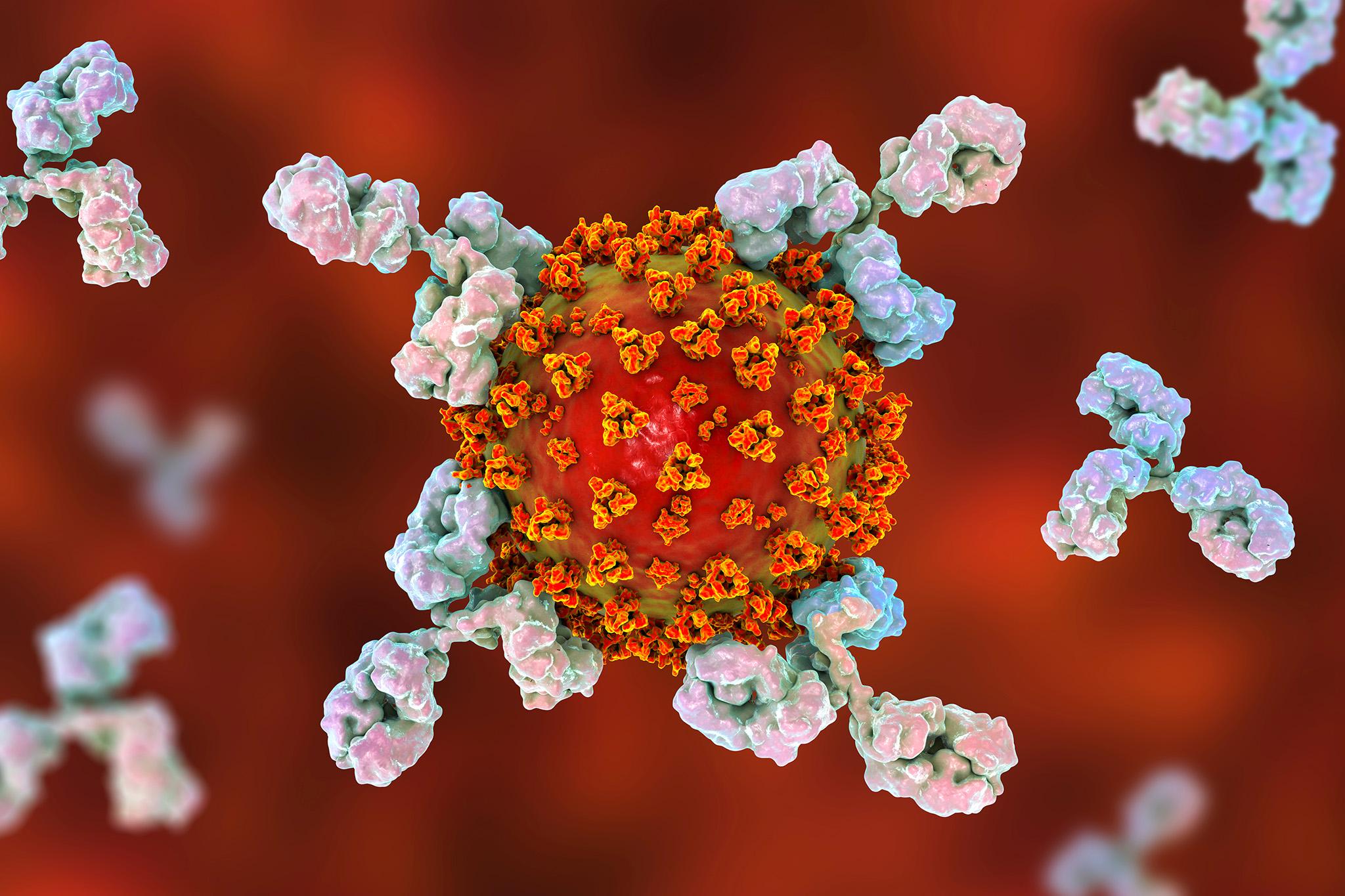Trump’s doctor Sean Conley mocked for saying president has Covid antibodies - after he gave him antibodies
Experts say antibodies are likely from the fact he’s on antibody drugs

Your support helps us to tell the story
From reproductive rights to climate change to Big Tech, The Independent is on the ground when the story is developing. Whether it's investigating the financials of Elon Musk's pro-Trump PAC or producing our latest documentary, 'The A Word', which shines a light on the American women fighting for reproductive rights, we know how important it is to parse out the facts from the messaging.
At such a critical moment in US history, we need reporters on the ground. Your donation allows us to keep sending journalists to speak to both sides of the story.
The Independent is trusted by Americans across the entire political spectrum. And unlike many other quality news outlets, we choose not to lock Americans out of our reporting and analysis with paywalls. We believe quality journalism should be available to everyone, paid for by those who can afford it.
Your support makes all the difference.Donald Trump’s doctor has sparked surprise, confusion and amusement once again - this time by confirming that the president now has covid-19 antibodies in his bloodstream, which were administered by his doctors three days previously.
On Monday night, according to Dr Sean Conley, the president’s blood contained antibodies.
Trump did not have antibodies in his blood on Thursday, when he first started showing coronavirus symptoms, the doctor said.
But on Friday morning Dr Conley and his team gave Trump the antibody drug made by Regeneron.
"I think we saw today in the doctor's announcement that he's symptom free. That he has antibodies that they're identifying now it's a great sign,” said Brian Morgenstern, White House deputy press secretary, on Wednesday afternoon.
Asked if the antibodies were from Regeneron, he replied: “That’s a good question - I’ll have to ask a doctor, but that’s really a question for Dr Conley.”
Medical experts were quick to take issue with Dr Conley’s strange update, and said the antibodies were likely from the drugs, rather than Trump’s own immune system.
Dr Megan Ranney, an emergency medicine doctor at Brown, described it as “total baloney”, while Ebola expert Dr Dena Grayson said: “It’s too early for Trump to have developed his own IgG antibodies to the virus.”
“These results don’t make sense,” said Dr Anthony Moore, a public health physician.
“The IgG test when performed on those who have received monoclonal antibodies can generate results that are either falsely elevated or depressed. The test is useless at this stage of illness unless Trump is further along in his illness than reported.”
Dr Eric Topol, professor of molecular medicine and executive vice-president of Scripps Research, replied: “The patient had a whopping (8g) dose of a #SARSCoV2 neutralizing IgG antibody cocktail. Then they detected antibodies. You must be kidding me, Dr. Conley?”
Dr Craig Spencer, an ER doctor from New York who survived Ebola, replied: “Not particularly reassuring, is it Eric?”
Dr Seema Yasmin, a former Epidemic Intelligence Service Officer, said: “Congratulations on detecting antibodies in someone on antibody treatment.”
Trump received an eight-gram dose of the unlicensed antibody cocktail made by New York-based biotech company Regeneron on Friday.
The president, his doctors said, completed the infusion “without incident.”
Trump is also being treated with the anti-viral drug, remdesivir, as well as dexamethasone, a cheap steroid shown to reduce deaths in people severely sick with covid-19.
Dr Leonard Schleifer, CEO of Regeneron, told CNBC on Monday that Trump’s use of the drug before it was widely available put the company in “a very tough situation”, and that they were being inundated with demand for the drug.
"It's a very tough situation. We have tried to take a principled approach until there is a broader authorization," he said.
"Basically, if you can get into clinical trials, we've tried to encourage people to go into well-controlled, well-monitored, carefully collected data in a clinical trial setting."
The cost of the unlicensed drug has not yet been announced.
"This is all very complicated because it's real lives at stake," Dr Schleifer said.
"If it's someone you really care about — yes, we want to give this if we can and we help them, but of course we want to get definitive evidence. So it's a tough act to balance."



Join our commenting forum
Join thought-provoking conversations, follow other Independent readers and see their replies
Comments